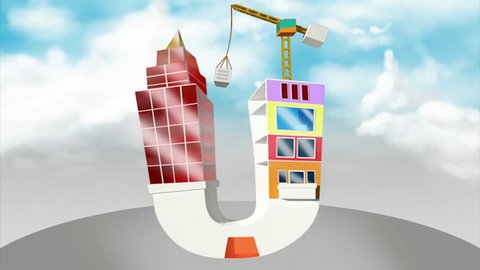Urbanizer
Ubarnizer delves into a fundamental question in social science: Why does large-scale inequality exist when behavioral economics suggests that we tend to dislike inequality on a smaller scale?
To study this, we created a multiplayer game where 20 participants engage in rounds of trading, providing a platform to simulate different scenarios. The game is designed to mimic real trading environments, letting us examine complex social interactions. Participants take on the roles of traders and engage in multiple transaction rounds. The game's setup allows us to calculate Gini coefficients. This approach offers a detailed look at economic behaviors and interactions in a controlled yet realistic setting.
The game's outcomes reveal intriguing patterns: individuals generally display what could be called "ethical" behavior. They engage in trade not only with less wealthy participants but also with wealthier ones, illustrating a complex interplay of altruism and self-interest in their economic decisions.
However, despite these seemingly ethical trading practices, a significant outcome of these dynamics is the exacerbation of wealth inequality. The wealthier participants often end up even wealthier, highlighting a paradox where individual actions that appear fair can still lead to greater disparities. This paradox is significant as it provides a new lens through which to view the mechanisms driving economic inequality, even in contexts where individual behaviors seem equitable. Thus, the Urbanizer project contributes profoundly to our understanding of economic disparities.
Through this game-based approach, we gain fresh insights into how individual-level ethical behavior coexists with systemic inequality. These insights are valuable not only academically but also for informing policymaking and economic theory.

